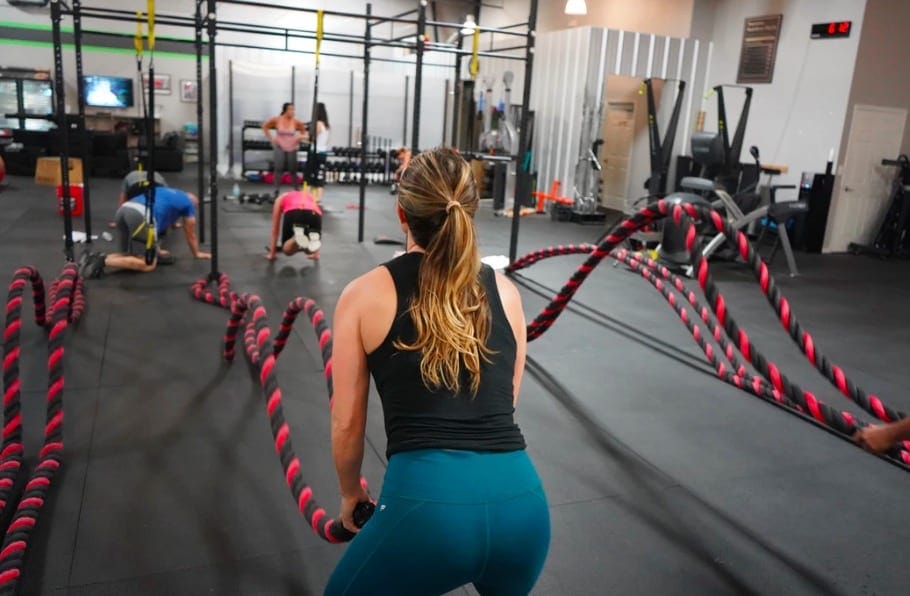The exercise world is filled with preconceptions that can shape the way we view it, most of the time, however, it is negative assumptions that fuel myths which can give the whole thing a bad reputation. This can be quite frustrating for experts as they prevent people from reaching their goals. Here we have some of the most popular misconceptions which may surprise you.
Stretching before exercise
You see so many people at the gym, having a good stretch, which is fine but isn’t an effective warm-up strategy. Before you exercise, the aim is to slowly increase your heart rate, in order to prepare your body for the harder exercises ahead. However, many people will stick to static stretches which are not going to increase your heart rate effectively, if at all. Static stretches are great for a cool down, though.

No pain, no gain
The whole ‘no pain, no gain’ thing is a total myth; you do not have to work yourself to the point of not being able to move the next day. All that will do is make you feel terrible, and will likely prevent you from working out effectively for the rest of the week. This will more than likely reduce the gain and increase the pain. Experts have said that all the pain signifies is that there was a significant amount of pressure applied to the tissue and that you don’t need to be sore to have had an effective workout.
You can lose weight in one targeted area
This is not true, while you might still cheekily skip leg day when it comes to losing weight, you lose it across your whole body. This is simply because fat cells are distributed along your entire body, so it makes sense that exercise does this. If you do a high-intensity interval workout, which is quick but tough, then you’ll even be burning calories off after your workout, and not just in one place!
If you don’t exercise every day, then it’s not worth it
It’s always worth it, and every moment you do that you don’t already will improve your fitness even more. While it’s important to stay active during the day, it is far more effective to do half an hour to an hour’s worth of exercise twice a week than not at all. Exercising every day, particularly if you work full time, can be a considerable commitment and put people off entirely. So, limit yourself and consider a healthier routine.

Too old to start
You’re never too old to begin a healthy lifestyle and exercising within your capabilities. Whether that means you do a brisk walk every few days or decide to train hard for a marathon, you’re never too old to start. It’s never too late to pursue a healthier lifestyle, and you’ll likely feel all the better for it. There is always a professional available who can help guide you into understanding your limits and helping you make that critical transition.
It is always important to properly research your goals and try your best to stick to them, and you will fulfill a personal goal and improve your overall health if you do it right.







